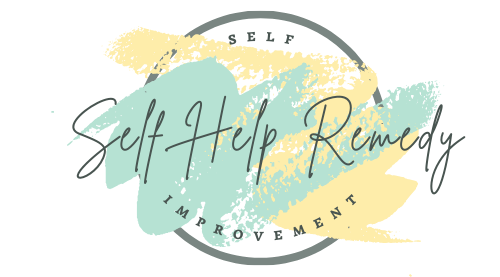Natural Cures For Anxiety And Panic Attacks
Anxiety and panic attacks are not the same thing, although they share some similarities. Anxiety is a persistent feeling of worry or dread, often related to everyday situations. Panic attacks, on the other hand, are sudden and intense periods of fear that can cause physical symptoms like racing heart or shortness of breath.
Understanding the causes and triggers of these conditions can make managing them a bit easier. Anxiety often stems from stress, genetics, brain chemistry, or traumatic events. Triggers for panic attacks might include specific situations, such as crowded places or stressful events.
Symptoms of anxiety include constant worry, difficulty concentrating, and trouble sleeping. Panic attack symptoms are more intense and usually include a sense of impending doom, sweating, trembling, and chest pain. Recognizing these symptoms can be the first step in managing them effectively in daily life.
Natural Remedies for Anxiety and Panic Attacks
Herbal supplements can be a good way to address anxiety naturally. Valerian root, chamomile, and lavender are popular choices known for their calming effects. Always check with a healthcare professional before starting any supplement to avoid potential interactions and side effects.
Mindfulness and meditation practices are powerful tools for calming the mind. Techniques like deep breathing, progressive muscle relaxation, and guided imagery can help reduce anxiety levels. Even setting aside just 10 minutes a day for mindfulness can make a significant difference.
Nutrition also plays a crucial role. Foods rich in omega-3 fatty acids, such as salmon and chia seeds, can help reduce anxiety. Magnesium-rich foods like spinach and almonds can also be beneficial. Avoiding caffeine and sugar can prevent spikes in anxiety levels, so consider switching to herbal teas or water.
Lifestyle Changes to Manage Anxiety and Panic Attacks
Exercise is one of the best ways to improve mental health. Regular physical activity releases endorphins, which are natural mood lifters. Even simple activities such as walking or yoga can significantly help manage anxiety.
Sleep hygiene is another important factor. Establishing a regular sleep routine, reducing screen time before bed, and creating a calming sleep environment can improve the quality of sleep. Better sleep often leads to reduced anxiety levels.
Building a support system is crucial. Surrounding yourself with supportive friends and family can provide a sense of security and belonging. Sometimes, talking about your anxiety with someone you trust can lessen the burden.
Don’t hesitate to seek professional help if needed. Therapists and counselors are trained to provide strategies and tools to manage anxiety and panic attacks. Cognitive-behavioral therapy (CBT) and other treatments can be very effective.


